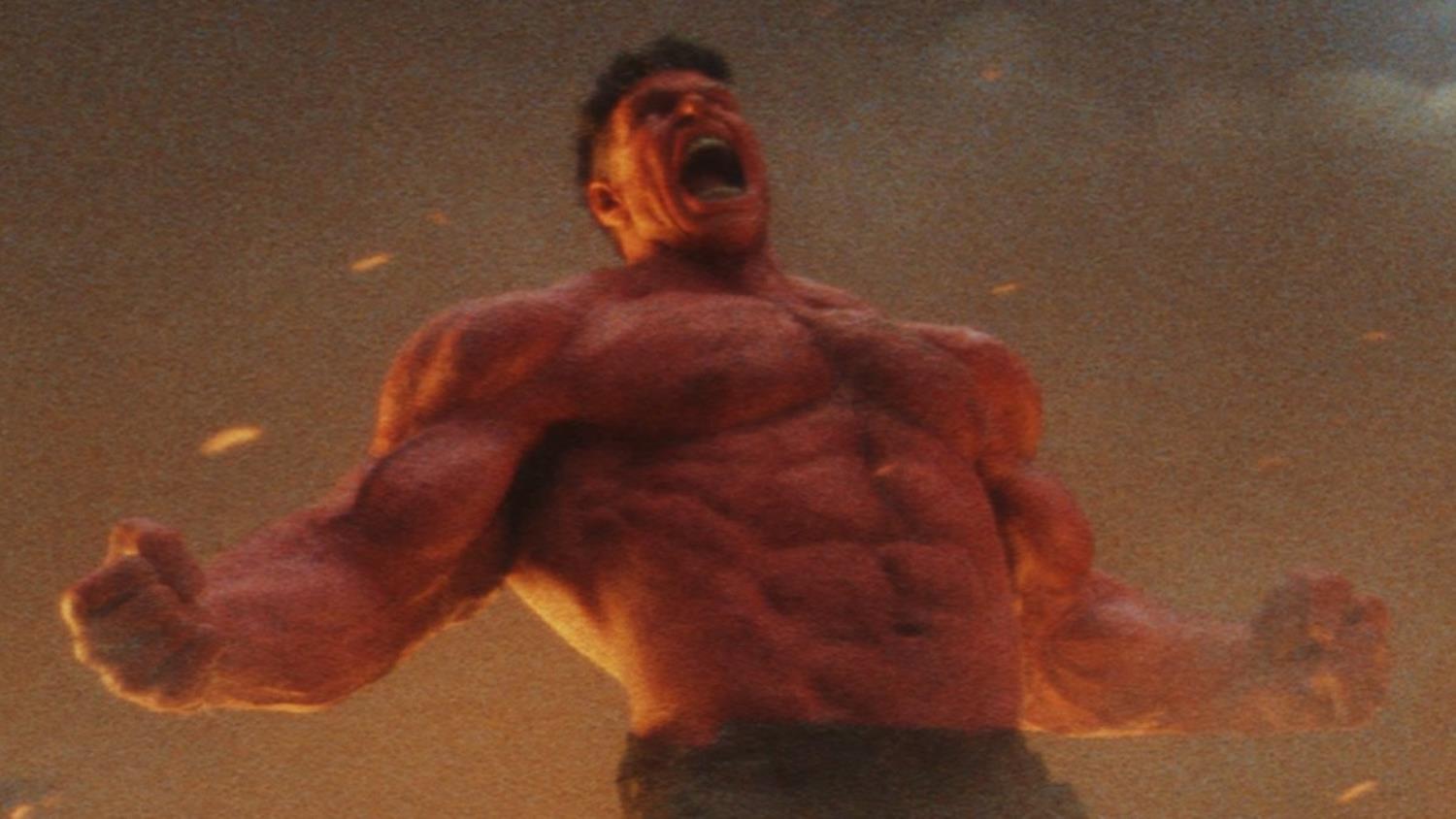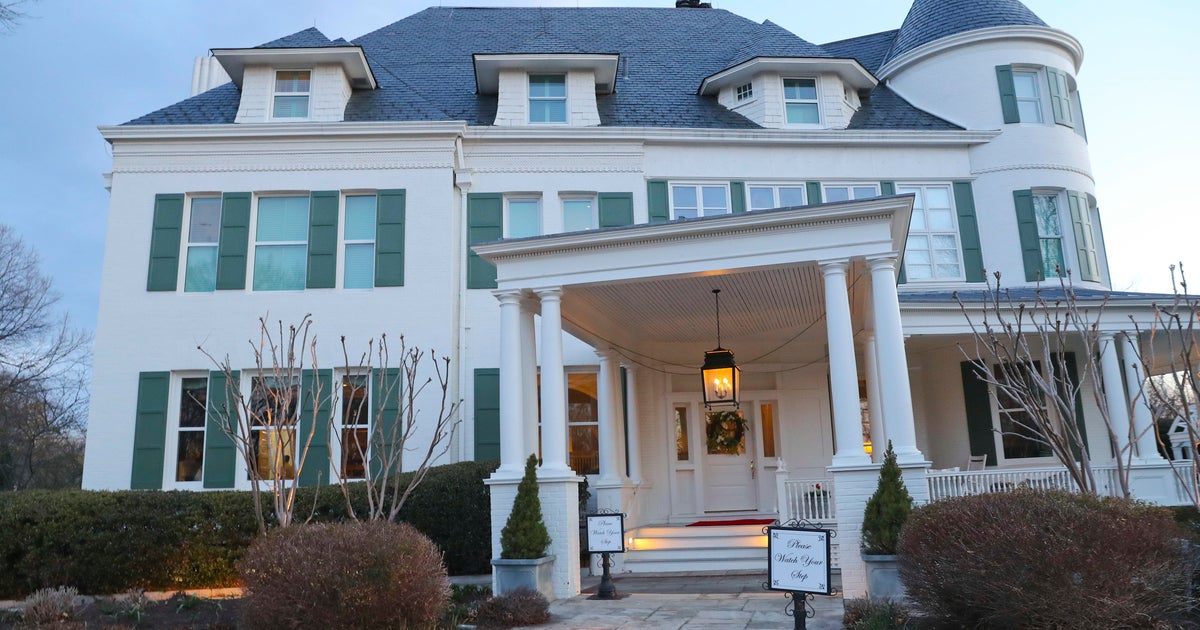He denounced European Union Today, Sunday, violence escalated in the area Darfur In Sudan, warning of the danger of a new “genocide,” after the conflict there between 2003 and 2008 led to the deaths of about 300,000 people and the displacement of more than two million.
The war that has been ongoing since April has led to… Sudanese army AndRapid Support Forces Paramilitarism destabilized the western region, reigniting long-standing conflicts there.
In a statement, the Union’s foreign policy official, Josep Borrell, spoke about reports – citing – witnesses who reported the killing of more than a thousand people from the Masalit tribe in Ardamta, West Darfur State, in just over two days in attacks launched by the Rapid Support Forces and affiliated militias.
“These atrocities appear to be the latest in a broader ethnic cleansing campaign carried out by the Rapid Support Forces aimed at eliminating the non-Arab Masalit community in West Darfur, and come on top of the first wave of widespread violence in June,” Borrell said.
He added that the international community cannot turn a blind eye to what is happening in Darfur and allow another genocide to occur in this region.
The International Organization for Migration said – on Thursday – that there were reports that about 700 people were killed in West Darfur after clashes between the Sudanese army and the Rapid Support Forces in El Geneina on the fourth and fifth of November.
The Rapid Support Forces said – last week – that they had taken control of the army headquarters in El Geneina, the capital of West Darfur.
Reuters reported that between April and June of this year, the Rapid Support Forces and “Arab allied” militias launched systematic attacks over a period of weeks targeting the Masalit, a tribe that makes up the majority of El Geneina’s population, with the outbreak of war with the Sudanese army.
In statements, Arab tribal leaders denied their involvement in an ethnic cleansing operation in El Geneina, while the Rapid Support Forces said earlier that they had nothing to do with what they called a “tribal conflict.”






